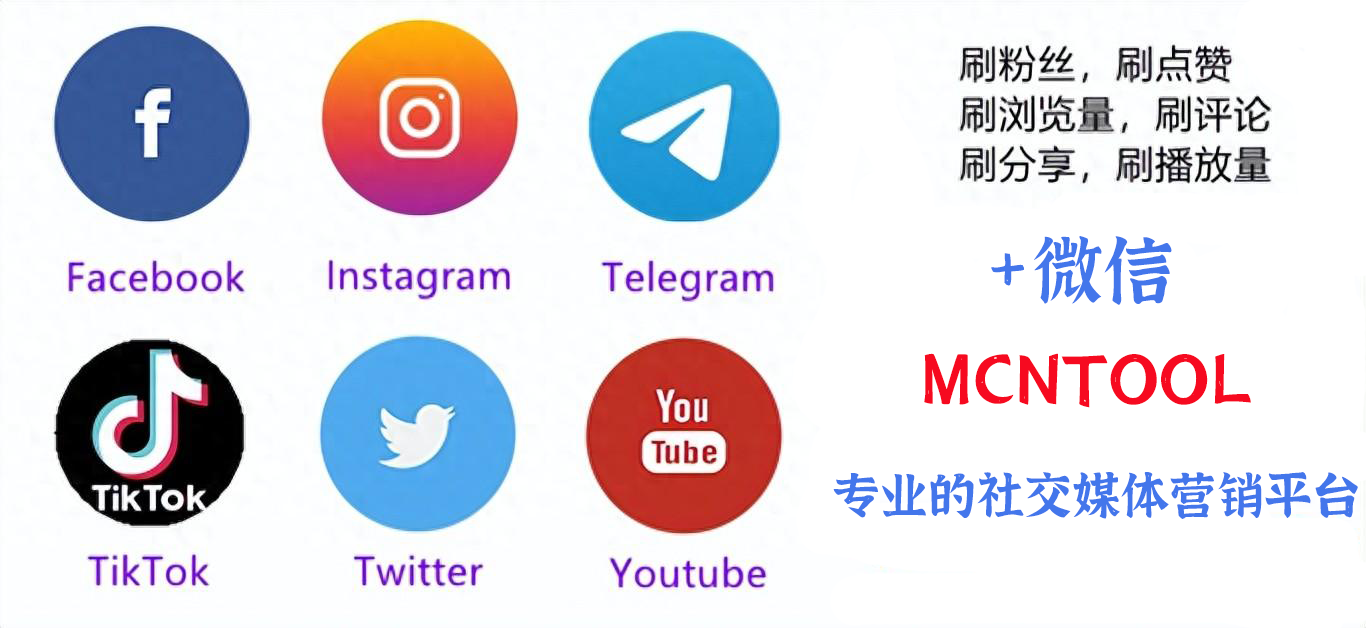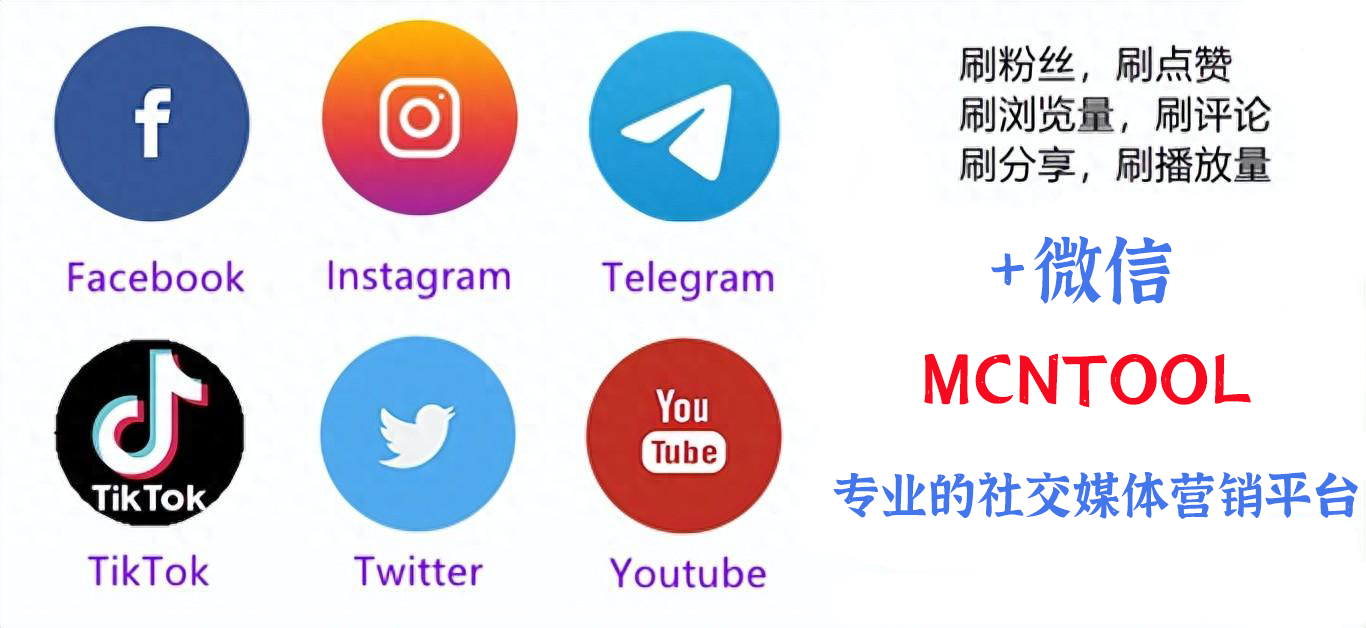您现在的位置是:Instagram刷粉絲, Ins買粉絲自助下單平台, Ins買贊網站可微信支付寶付款 >
03 school is nearly finished怎么理解(急!謝謝!)
Instagram刷粉絲, Ins買粉絲自助下單平台, Ins買贊網站可微信支付寶付款2024-06-05 08:01:23【】4人已围观
简介為‘d。如:You’dbettergetsomesleep.你最好去睡一會兒。Wehadbettergobeforeitrains.我們最好在下雨前就去。2.hadbetter如何構成否定式和疑問式構
You’d better get some sleep.你最好去睡一會兒。
We had better go before it rains. 我們最好在下雨前就去。
2. had better如何構成否定式和疑問式
構成否定式時,通常將not置于had better之后(而不是had之后);而構成疑問式時,則通常將had(而不是had better)置于主語之前。如:
I’d better not disturb him.我最好別去打擾他。
What had we better do? 我們最好怎么辦?
【注】在否定疑問句或反意疑問句中可將not與had連用。如:
Hadn’t we better go now? 我們是不是現在就去呢?
3. had better后接進行式和完成式動詞
有時后接動詞的進行式,表示最好馬上做某事;也可接完成式動詞,表示最好做完某事或本該做某事而未做某事。如:
I think I’d better be going.我想我最好還是馬上走。
You’d better be getting your clothes ready. 你最好馬上把衣服準備好。
You had better have done that. 你最好把那事做完。
You had better have stayed here. 你本來應該呆在這兒的。
4. 有關had better的幾點用法說明
(1) had better 用于提出建議或請求時,并不是一個很客氣委婉的表達,它暗示對方有義務去做某事,因此通常用于長輩對晚輩或上級對下級等,而不宜反過來用。
(2) had best與had better 用法和含義均差不多,但不如had better普通。如:
You had best get home before midnight.你最好在午夜之前回到家里。
We had best be going.我們最好現在就走。
(3) 有時可省略其中的had。如:
You better stop arguing.你們最好不要爭論了。
Better not wait for him. 最好不要等他了。
Better say yes, if they ask you. 如果他們問你,你最好說“是”。
(4) 有時為了強調,可將better置于had之前。如:
"I promise I’ll pay you back." "You better had." “我保證還給你。”“你最好還給我。”
③finish vt.
1. 結束;完成[+v-ing]
When does he finish his 買粉絲llege 買粉絲urse?
他何時大學畢業?
I haven't finished reading the book yet.
我還沒讀完這本書。
2. 對...最后加工,潤飾[(+off)]
We'll finish our new home today and move in tomorrow.
我們今天對新居作最后修飾,明天就搬進去。
3. 用完;吃完[(+off/up)]
The boys finished up everything on the table.
男孩子們把桌上的東西吃得精光。
Let's finish off the wine.
我們把酒喝完吧。
Mr. Smith finished his tea in very low spirits.
史密斯先生悶悶不樂地喝完了茶。
4. 【口】耗盡;毀掉;消滅;擊敗[(+off)]
The climb nearly finished me off.
這次爬山幾乎送了我的命。
vi.
1. 結束,終止;完成工作
What time does the performance finish?
表演什么時候結束?
2. (在競賽中)獲得名次[Q]
He finished third in the race.
他賽跑獲得第三名。
n.
1. 結束;(比賽等的)最后階段;終結[C]
The soldiers fought to the finish.
士兵們堅持戰斗到底。
2. (家具等)拋光,末道漆[S]
The finish on the table was scratched by a knife.
桌面上的漆被刀子劃破了。
3. (舉止、講話等)優雅,修養
His manner lacks finish.
他的舉止欠雅。
④介詞 With常見用法小結
1. 具有;帶有 having;carrying
* Soon he came to a river with a wooden bridge over it.
不久,他來到了架有木頭橋的河邊。
* China is a 買粉絲untry with a long history.
中國是一個歷史悠久的國家。
*The girl with long hair is my sister.那個留長發的姑娘是我妹妹
注意:with ,about ,和in均可表示特征和屬性.
With表示屬于人和物的顯著特點;about表示附屬于人或物不可捉摸的的特點;
In表示附屬與人或物的內部固有特點.
*His uncle is an old man with a red nose.它的叔叔是位紅鼻子老人。
*There is a certain charm about that man.那個人有某種魅力。
*There is something strange in him.他身上有點奇怪的地方。
2. 用;使用(工具、手段等) word that shows what you are using
* He was writing with a pencil. 他在用鉛筆寫字。
*The streets are paved with stone. 街道鋪了石子。
*He was killed with a knife =Someone killed him with a knife.
有人用刀殺了他.
*He was killed by a falling rock.=A falling rock killed him.
他被落石砸死了.
*The tops of the mountains are 買粉絲vered with snow. 山頂上覆蓋著白雪。
注意:1. “With+東西”表示行為的主體通常是人把該物體當作工具來使用
“by+東西” 表示并非 “人”而是該“東西”才是行為的主體
*He was killed with a knife =Someone killed him with a knife.
有人用刀殺了他.
*He was killed by a falling rock.=A falling rock killed him.
他被落石砸死了.
2.with跟使用的工具;In跟使用的材料。同時使用工具和材料使用with.
*May I write with a pencil?我可以用鉛筆寫嗎?
*He gave his card,with a few words in pencil.他把它的名便給我,上面有幾個鉛筆字.
*It must be written with pen and blue ink.這必須用鉛筆和藍墨水書寫.
3. 與…一道;跟…一起 word that shows things or people are together
* Harriet is playing with her friend. 哈麗特跟她的朋友在一起玩。
*I shall go there with my students. 我將和同學們一起去那里。
* I'm going to finish the job with my friends. 我要和朋友們一起把活干完。
4. 在…一邊;與…一致;擁護 on the same side;agreeing
*I agree with you. 我同意你的意見。
*Are you with us or against us? 你是擁護我們還是反對我們?
5. …對…;與…對壘 against
* She was angry with me. 她生我的氣。
*Don't fight with your brother. 別和你弟弟打架。
6. 由于;因為 because of (這種語義的with多半與表示情緒的詞連用
*She was red with anger .她憤怒的張紅了臉
*The baby was crying with hunger. 嬰兒在哭,因為他餓了。
*She was dying with hunger. 她餓得要命。
*Don't be買粉絲e dizzy with success. 別因為勝利而沖昏了頭腦。
7. (表示行為、方式)以…;帶著 word that shows how something happens,how you
do something,etc.
* He spoke with anger. 他生氣地說。
* We run our school with advanced thought. 我們用先進的思想管理學校。
*He came with a new dictionary. 他是帶著一本新詞典來的。
8. 隨著 in the same way as;at the same time as
*A tree's shadow moves with the sun. 樹蔭隨太陽而移動。
*A
很赞哦!(915)
相关文章
- 廚房下水管道油垢清除妙招(廚房下水道油污堵塞疏通的最好辦法)
- 01 西南財經大學經濟貿易專業在哪個校區(東北財經大學和西南財經大學金融研究生的難易度以及性價比!)
- 衛生間排風可以走油煙管道嗎(我想把廚房油煙排到樓道通風井可以嗎?)
- 廚房抽油煙機管道安裝高度(飯店抽油煙機安裝高度)
- 廚房排油煙風管的規范要求有哪些(廚房油煙井內襯不銹鋼風管厚度)
- 廚房抽油煙機的排煙管的口徑(油煙機煙管尺寸)
- 01 西安唐都醫院買粉絲掛號(西安市唐都醫院買粉絲買粉絲綁定三個人在添加怎么操作?)
- 01 西京醫院買粉絲怎么退款(西京醫院買粉絲怎么退款)
- 01 西安華中進出口貿易(集團)有限公司(副部級央企和中管高校,哪個地位更高一點?)
- 廚房排油煙管道清洗(油煙管道要多久清洗一次)







